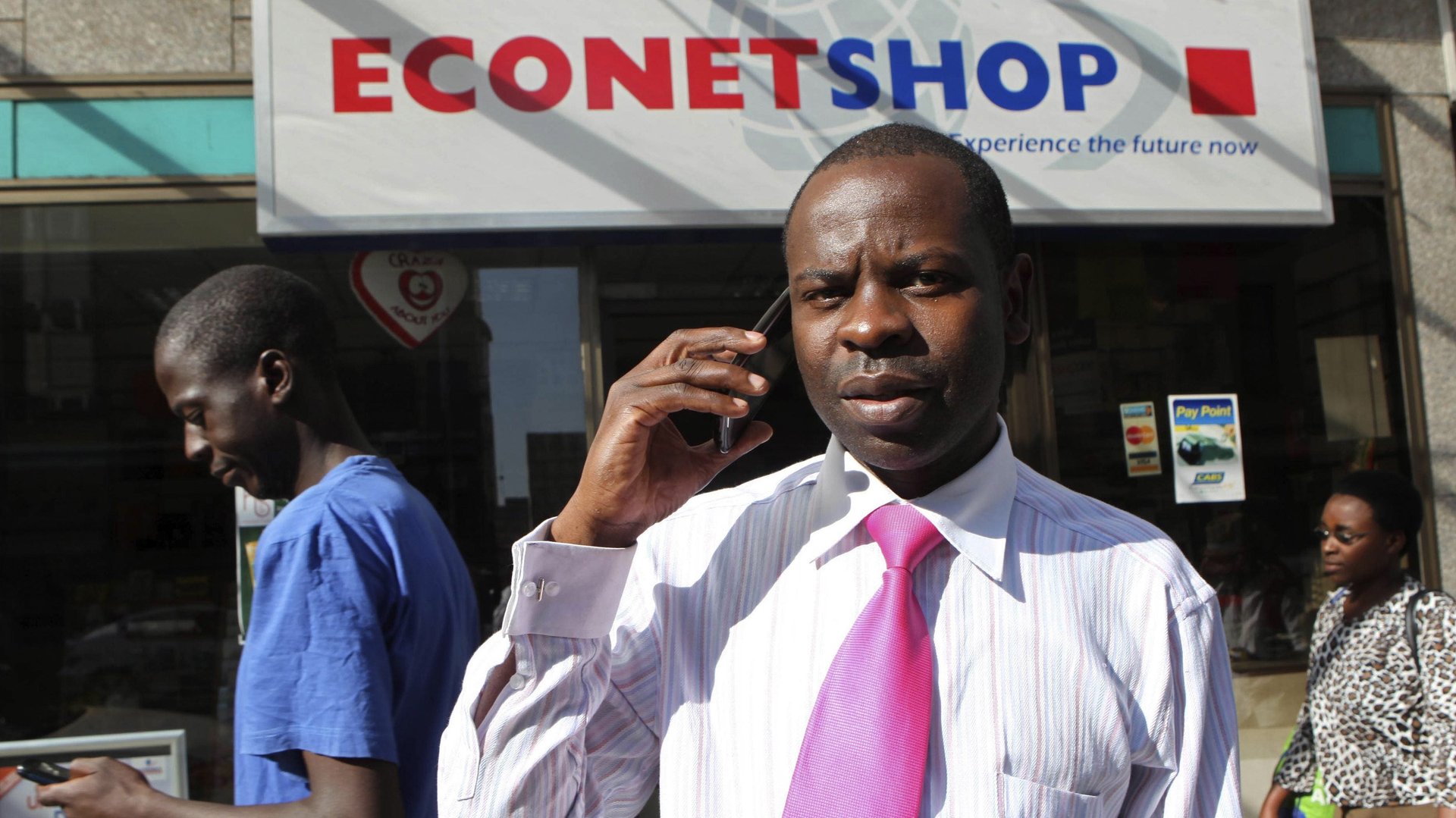Zimbabwe is pushing for mobile money interoperability as its cash problems linger
Zimbabwe could become one of Africa’s early adopters of full interoperability in the mobile money sector if the government is to have its way.


Zimbabwe could become one of Africa’s early adopters of full interoperability in the mobile money sector if the government is to have its way.
President Emmerson Mnangagwa’s new administration is switching its focus to digital payment alternatives as the cash and liquidity shortages that have bedeviled the country for the last few years continue. The economy had been in tailspin for the last few years of former president Robert Mugabe, who was forced out in November.
The idea of interoperability in simple terms is to enable a mobile money customer on one network’s proprietary system to send or receive money from another customer on a different network. Regulators typically want this to help boost competition, drive financial inclusion and encourage consumer usage. Network operators are less keen due to the short to medium costs as well as the fact it it reduces the need for customers to own multiple phone services to move money around.
Already, operators in Kenya, which is seen as the leading mobile money market in Africa owing to the success of Safaricom’s M-Pesa, have said that they will introduce full interoperability next month. Pilot projects on this are already underway, with operators launching the trial version in January this year. Another African country, Tanzania, introduced interoperability in its mobile money scene in 2015, becoming the first African country to do so and regulators in the country are now looking to further expand this arrangement.
Although it is considered a vibrant haven for mobile money, Zimbabwe had not fully embraced mobile money interoperability, with operators seen as reluctant to embrace this and using their market positioning as battlefronts. The country has three mobile companies, Econet, Telecel and NetOne which all run mobile money platforms that the government now wants to be opened up for cross network transactions.
Zimbabwean ICT Minister, Supa Mandiwanzira has demanded that mobile money platforms be interoperable by April 1. He says this will help boost financial inclusion and ease transaction hurdles. Mobile money payments in 2017 grew to $18 billion, up from the 2016 figure of $5.8 billion.
Mobile money platforms in Zimbabwe currently allow their customers to send money to recipients on rival networks through the “send to unregistered subscriber” option. However, recipients still have to use the network of the sender to cash out the money, hence the government views this as not fully fledged in terms of interoperability.
After getting through the interoperability hurdle, Africa’s mobile money platforms are expected to soar this year as other markets in the region also develop their offerings. Analysts at Exotix Capital are tipping EcoCash and M-Pesa to be “best placed to successfully monetize a merchant payments platform with their high active customer penetration rate”.